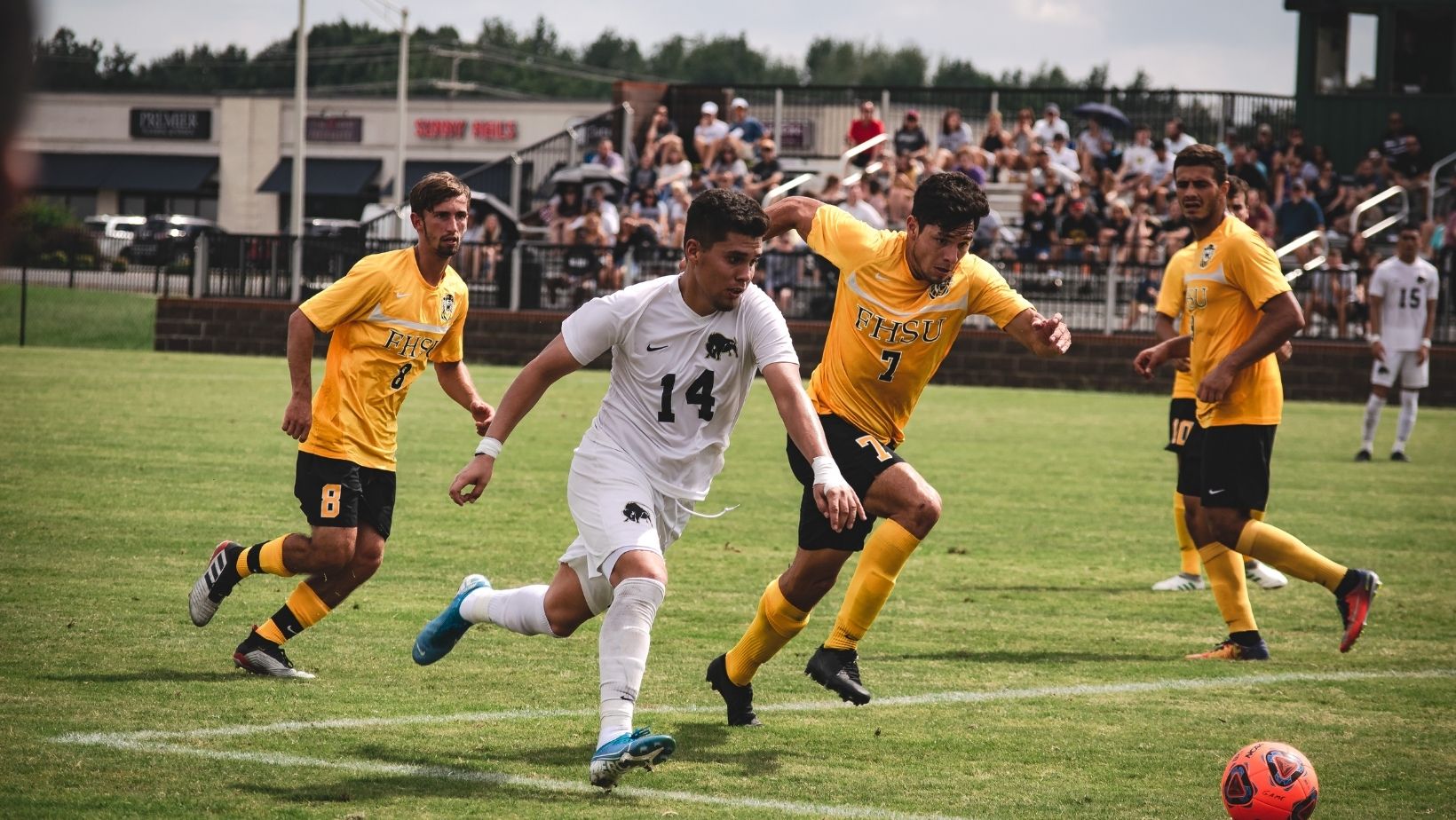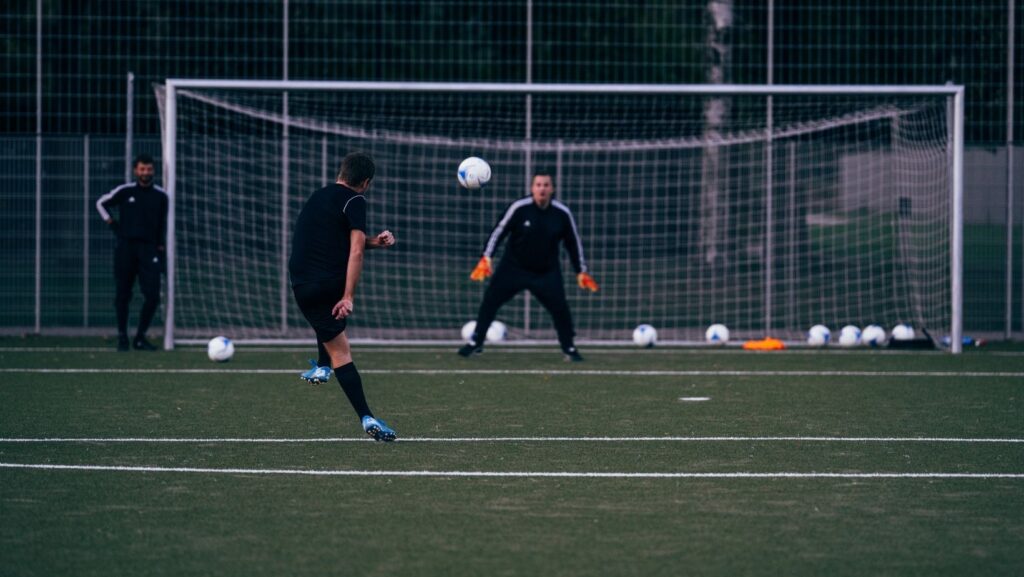Yes, it is possible to commit assault while playing sports in the United States. Although sports often involve physical contact that players accept as part of the game, there are legal limits to what is considered acceptable. In the eyes of the law, just because someone is playing a sport does not mean they have a free pass to engage in violent or reckless behavior. Actions that go beyond what is considered “normal” or “reasonable” within the context of the game can lead to criminal charges or civil lawsuits.
How Assault Can Occur in Sports
- Intentional Acts of Violence: If a player intentionally uses excessive force to harm another player—such as punching, kicking, or attacking with an object—this can be considered assault. For example, a player who deliberately punches an opponent in the face, outside the normal scope of the game, could be charged with assault. Courts in the U.S. have handled cases where athletes were prosecuted for actions deemed excessively violent or outside the expected conduct of the game.
- Actions Beyond the Scope of the Game: If an act occurs outside the normal flow of the game—such as a fight after the whistle, or an intentional hit long after play has stopped—this is less likely to be seen as part of the game. For instance, if a basketball player punches an opponent during a timeout, that’s clearly outside the scope of normal gameplay.
- Reckless or Dangerous Conduct: Even if a player does not intend to injure another, extremely reckless actions can still be considered assault. For example, a dangerously high tackle in football or a violent check to the head in hockey could be deemed assault if it’s seen as excessively reckless and not a legitimate part of the game.
Implied Consent in Sports
In the U.S., the concept of implied consent is important when evaluating whether an act during a sport constitutes assault. When players participate in sports like football, hockey, or boxing, they are generally considered to have consented to the physical contact that is typical of that sport. However, this consent does not extend to acts that are clearly outside the boundaries of normal gameplay.
- What Implied Consent Covers: It includes the usual tackles, checks, and other physical interactions that are part of the sport’s rules.
- What Implied Consent Does Not Cover: It does not cover intentional or malicious actions that are not a legitimate part of the game.
Criminal vs. Civil Liability
- Criminal Charges: If a player’s actions are deemed to be an intentional or reckless assault, they can face criminal charges. For example, if a hockey player uses their stick as a weapon to strike an opponent, they could be charged with battery. These cases are less common but can occur, especially if serious injury results.
- Civil Lawsuits: An injured player may also sue for damages if they believe they were harmed by another player’s conduct that went beyond the accepted level of contact. This is more common than criminal cases and can involve compensation for medical expenses, pain and suffering, and other damages.
Legal Precedents in the United States
Several cases in the U.S. have resulted in criminal charges or civil lawsuits for actions taken during sports:
- In some high-profile cases, athletes have faced assault charges for actions on the field or court. For instance, a basketball player who throws a punch during a game might face both criminal charges and civil suits, depending on the circumstances.
- Civil courts have seen lawsuits for injuries caused by reckless or intentional behavior that was not related to the game itself. These cases often focus on whether the act was part of the normal flow of the game or an intentional attempt to cause harm.
Conclusion
While sports inherently involve some degree of physical contact and risk, this does not mean that anything goes on the field or court. Athletes in the U.S. can still be held legally responsible for actions that go beyond what is considered acceptable in the sport. When a player crosses the line into intentional violence or reckless behavior, they can face legal consequences, including criminal charges and civil lawsuits, just as they would outside of a sporting context.


